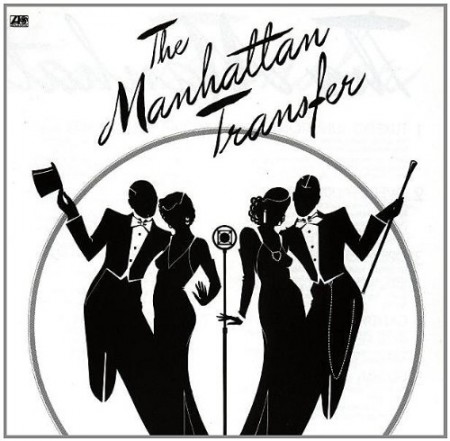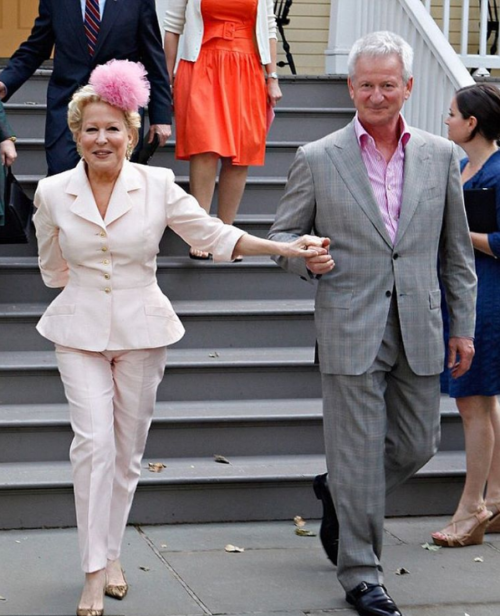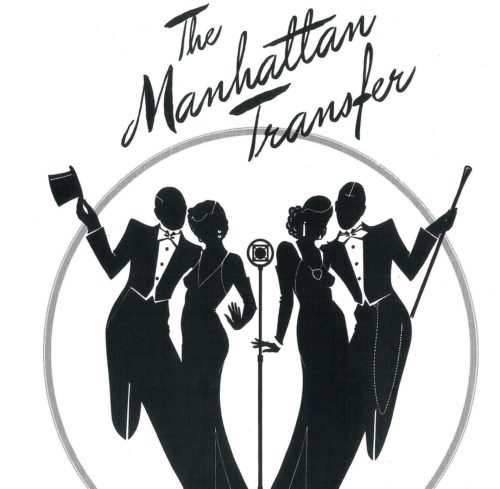The Columbian (Vancouver, WA)
May 21, 1995 | Associated Press
The Offbeat of Avenues” led Manhattan Transfer to the group’s 10th Grammy. Problem was: It turned out to be a detour.
After the foursome’s 1991 debut for Columbia Records, the vocal ensemble had a falling-out with the record company, stemming from a dispute over whether a Christmas album should be a part of the three-album deal they signed.
The fallout from the falling-out was that we didn’t hear much from Manhattan Transfer. Yes, they did “The Christmas Album” in 1992, and last year saw the release of the group’s first children’s recording, “The Manhattan Transfer Meets Tubby the Tuba.”
But as Tim Hauser, who organized the group in the early 1970s, concedes, those efforts didn’t count much in the public’s consciousness, and now Manhattan Transfer is trying to pull out of its longest downswing.
“If you stay in this business long enough, you can see your career like that,” Hauser said in a recent interview, moving his hand in a wave of peaks and valleys.
“Very few people are just like that,” he added, sending his hand in an uninterrupted upward trajectory.Hauser, the diminutive, bald ManTran member, feels it was accomplishment enough for them to see their way through this slump. “We stayed together,” Hauser said simply, as if that were the most important thing.
And now Manhattan Transfer is back to appealing to grownups with “Tonin’,” which also marks the group’s return to Atlantic Records, the label they left four years ago because as they told The Associated Press at the time they were feeling like a “piece of old furniture” there.
Oldies album
The latest compact disc consists of songs from the 1950s and early ’60s, such as “Too Busy Thinking About My Baby,” “I Second That Emotion,” “Dream Lover,” “Groovin”‘ and “The Thrill Is Gone.”And comparable to Frank Sinatra’s “Duets” albums, the group sings all but two of the songs with guest performers, including Phil Collins, Bette Midler, Frankie Valli, Smokey Robinson, Chaka Khan, James Taylor and Ben E. King.
Janis Siegel, another Manhattan Transfer member, admitted to having doubts about being able to bounce back. And Hauser half-joked: “I’m so neurotic, I have doubts when we’re doing great.”
After a quarter-century together, the group had even weightier issues on their minds, like their relevancy and mortality.
“We would have conversations about our place in popular music. Are we ever going to find a place? Are we hopelessly out of date?” Siegel said. “We re-examined everything. Which was a good thing.”
“There’s a part of me that has certain fears,” Hauser said, explaining that he realizes at this point the group won’t get to do certain things.
“Sometimes I think about that, and I never thought about that before. And I guess that’s one of things that happens when people start telling you that you’ve been together a long time.
“We’re not going to do 20 more albums. We’re not going to be around for another 20 or 30 years,” he said.
As a young man, Hauser was driving a cab in New York City when he picked up a conga player who introduced him to Siegel. Later he picked up another singer, Laurel Masse, and asked the two women to sing on some demo recordings.
Soon after, Masse introduced Hauser and Siegel to Alan Paul, who was appearing in the original cast of “Grease.” They talked for hours about the absence of four-part harmony in popular music, and soon they formed Manhattan Transfer. When Masse left the group in 1979, Cheryl Bentyne replaced her.







